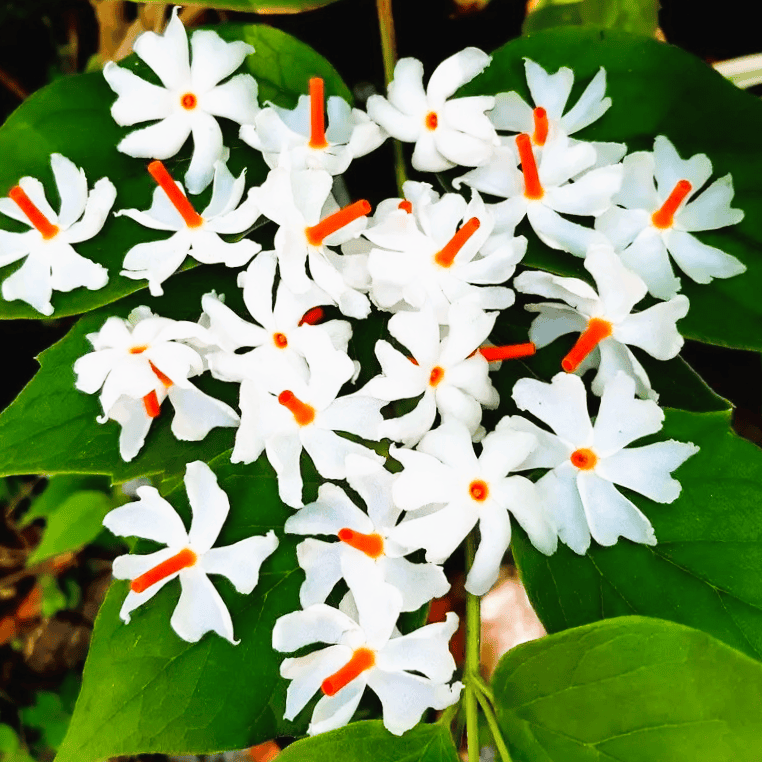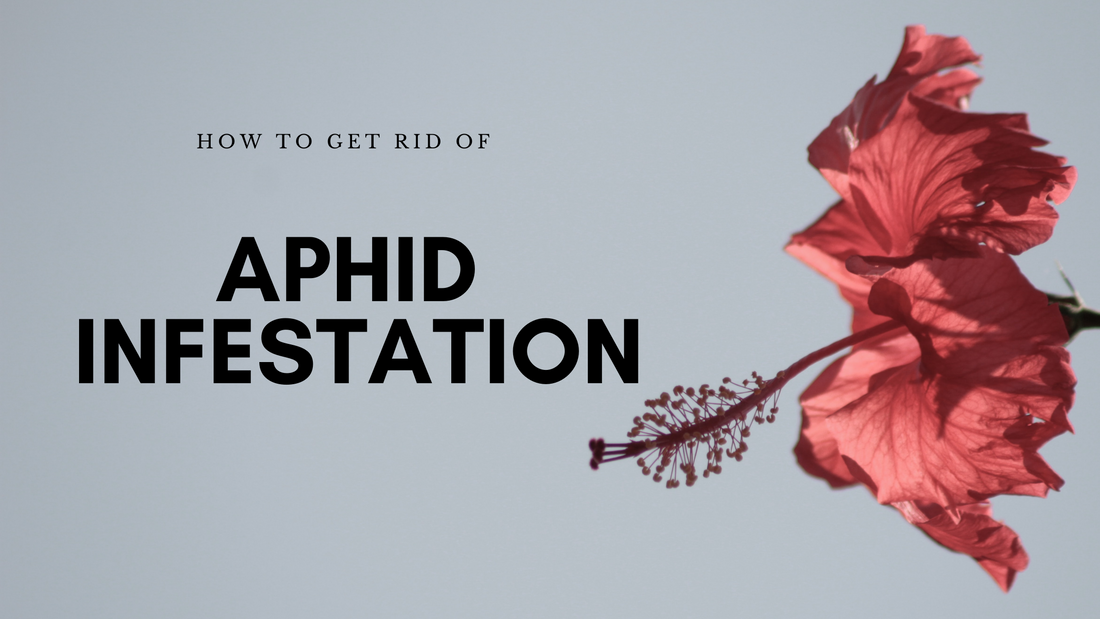Cultivating an elaborate garden in one’s home has struck quite a chord with the people. Interiors and outdoor spaces ornate with spirited, abundant greenery seem to have become flaunt-worthy on instagram! But hungry pests intent on making a hearty feast of your garden often play spoilsport. It’s even more challenging when you’re up against those that carry out their work in the shadows.
One such prevalent houseplant and garden landscape pest is the aphid.
Aphids are capable of invading nearly any setting with plants and shrubbery, thanks to their wide species diversity. They appear mostly during springtime and siphon off the plant’s nutrients, just when it’s preparing to blossom. In large numbers, they can do serious damage by transmitting plant viruses and promoting fungus growth.
Identifying Aphids

Aphids are tiny, pear-shaped creatures (they’re almost invisible to the naked eye), generally found in colonies on new plant growth and buds. They are a versatile bunch, infesting numerous flowering, ornamental, and fruit bearing plants. Depending on the species, they can appear white, gray, yellow-green, or even pink! Adult aphids may also develop wings when it’s time to move to a nearby plant, owing to crowding, or to start a new colony. Quite convenient, hmm…
Signs of Damage Caused by Aphids

These sap-sucking pests attack nascent and young foliage plants, targeting leaves, stems, flowers, or roots, according to the species. Since the aphids themselves may not be visible, it’s important to look out for the following signs of damage
- Leaves may become misshapen, discoloured or start to curl and fall.
- The sucking action of aphids can cause flowers and fruits to become distorted or deformed.
- If the aphids stick on the roots, the plant may wither and die.
Aphid Attack!!
Aphids are craving suckers (literally!) for Hibiscus, roses and a lot of other plants and can launch a major attack quickly, so give special attention to your precious rose plants. They like to gather on and below rosebuds, as well as under the leaves. You may not even be aware of them until you look closely behind the scenes!
Double Trouble!!
As they feed, aphids secrete large amounts of a sticky fluid known as honeydew. This high-sugar honeydew attracts a colony of ants, which surround the plant and actually fend off aphid predators!
Fighting Aphids Naturally

Aphids multiply quickly, so it’s important to take control before they take over your garden! Fortunately, they tend to move rather slowly, which makes aphid control somewhat easier.
We also recommend using natural methods to fight aphid infestation, instead of chemical pesticides. Strong chemical solutions can be hazardous to the soil and can even weaken plant tissue. You (and your plants) certainly don’t want that.
Finally, a combination of organic approaches as well as persistent efforts may be required to counter a large-scale outbreak. Be patient; in the end you’ll feel accomplished and your plants will bounce back stronger!
Take a look at how you can win the battle against aphids naturally…
Water Spray: Wash infected plants with a strong, cool stream of water from a garden hose. This is usually enough to combat a mild infestation.
Soap water mix: Make your own liquid soap and water solution and gently spray or apply to the affected areas every 2-3 days for 2 weeks. This will take care of a stronger infestation.
Natural oils: For a more severe outbreak, use neem oil or horticultural oils. Make sure that you use the right amount by reading the instructions on the package.
Removal by hand: If the situation seems to jeopardize your plants’ life, you may need to prune damaged parts, or even pull out the plant to keep the rest of them safe.
Attracting natural predators: You can lure aphid eaters like lady bugs, lacewings and parasitic wasps by adding flowering plants in your garden. These beneficial insects will stick around even after wiping out the aphids and stave off potential attacks.
Author: Siddharth Sharma
About the Author: Siddharth is a budding economics enthusiast and fervent admirer of the written word. He would love to see the world filled with innovative ventures and restore it's pristine habitats to their once dignified glory. When he's not writing, you can find him whipping up a delectable, wholesome meal. Siddharth is also a devoted plant parent and feels blessed to call Jaipur home


